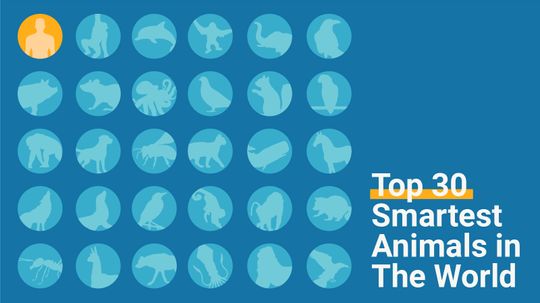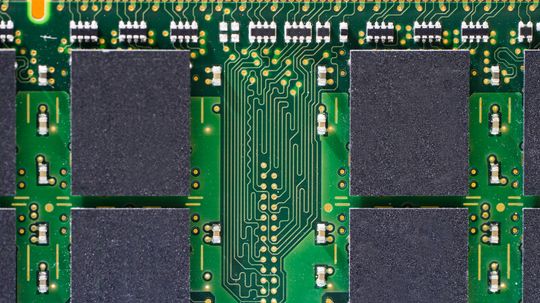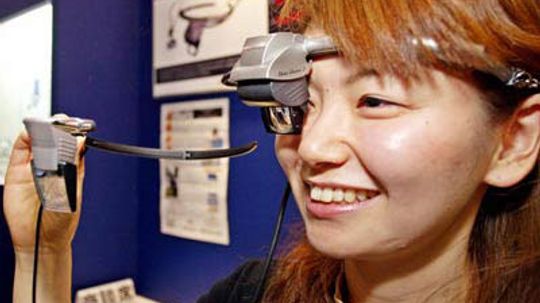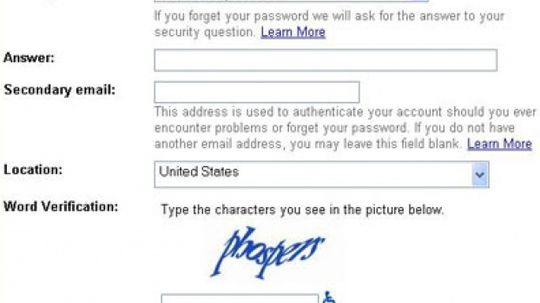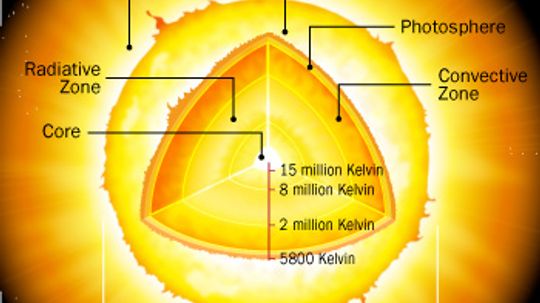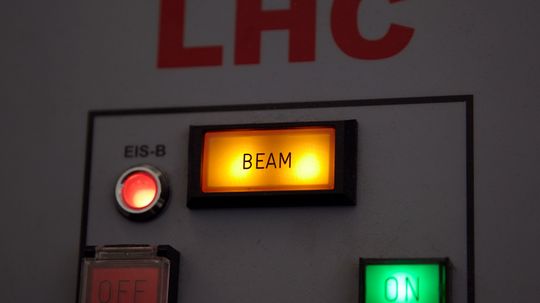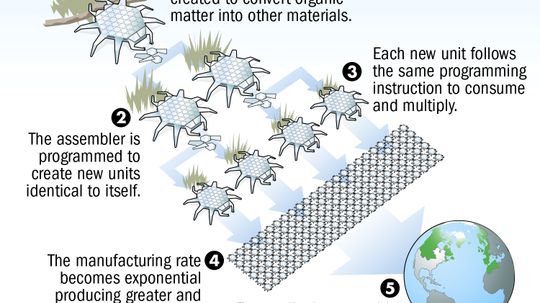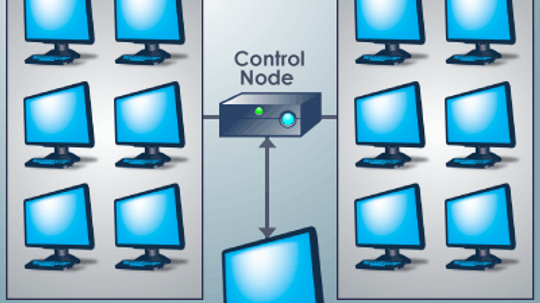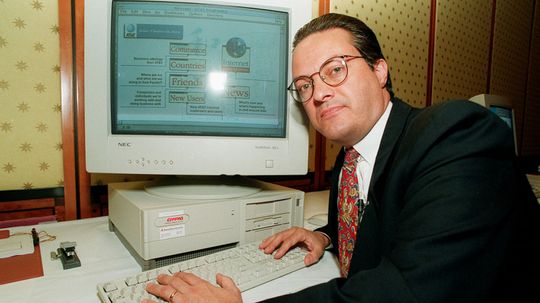Jonathan Strickland has always loved technology. As a kid, Jonathan spent countless hours playing games like River Raid and Pitfall on his Atari 2600. He grew up during the early years of the personal computer era and cut his teeth on an Apple IIe and the Texas Instruments TI-99/4A computers. He earned his bachelor's degree in English Literature from the University of Georgia. He focused primarily on medieval and Renaissance literature and can still rattle off several Shakespearean monologues (and he'll do so unless you stop him).
Jonathan is a former staff writer and eventually senior writer for the HowStuffWorks electronics and computer channels. He currently hosts the podcast TechStuff. He lives in a funky part of Atlanta filled with poets, artists, actors and assorted crazy people — he fits right in. His hobbies include writing fiction, acting and learning to play the ukulele and mandolin.
Recent Contributions
What does 444 really mean for your life, love, and future? Don't ignore this sign. Discover the shocking truth behind angel number 444 now.
By Jonathan Strickland, Melanie Radzicki McManus & HowStuffWorks
What does 333 really mean? Most explanations only scratch the surface. We reveal the deeper, often overlooked significance of this angel number – and how it impacts your future.
By Jonathan Strickland, Melanie Radzicki McManus & HowStuffWorks
Data integration is a simple idea, but the process can be quite complex. Once a computer gets information from a user, how does it know what to do next?
Advertisement
Humans aren't the only animals that can count, use logic, make tools or form lasting bonds with others. Meet 10 of the smartest creatures in the animal kingdom.
By Jonathan Strickland, Melanie Radzicki McManus, Francisco Guzman & Austin Henderson
So your computer got infected with a virus. It happens to the best of us. You've got to move on, but what do you need to do to get your computer back into shape?
Depending on whom you ask, machines are running our lives. But what happens if they start to build more efficient models of themselves and get rid of us?
Upgrading your computer's memory may sound like a lot of trouble and something you should pay a specialist for. But you can do it yourself.
Advertisement
When we think about violent animals, many of us turn to creatures like sharks, bears, rhinos, crocodiles or even the Tasmanian devil. What other species outdoes all these others in its capacity to cause violence?
The Internet lets you transfer information around the world in seconds. But the pieces of your file may not all get there the same way. How does all that data get where it's supposed to go without getting lost?
Google is the undisputed leader in searching the Web, but the company doesn't like resting on its laurels. What other products does the Internet behemoth offer?
Large corporations need many computer servers, which take up space and use a lot of electricity to run and to keep cool. What if you could put multiple servers on a single machine?
Advertisement
Web 3.0 isn't even a reality yet, and it's already creating a stir. How can a Web browser act like a personal assistant? And when will this assistant be online?
Electronic books have been out for years, though none of them met with much success - until the Amazon Kindle. What's so special about this little device?
Are you a computer? If you've ever successfully filled in a CAPTCHA on the Web, you're probably not. So what is this test, and what does it do?
Sometimes it seems like no matter what internet community you join, someone's trying to drive you crazy. Are they just annoying or are they trolling?
Advertisement
Stars are enormous celestial bodies hot enough to register millions of degrees. They're fascinating scientific phenomena, but is it actually possible for scientists to create them?
We hear news of violent acts of all sorts committed by humans every day. But how do we become violent? Is it something we learn, or are people violent at birth? And is there anything that can stop it?
CERN is a European research organization dedicated to the study of very tiny particles. Could they discover time travel?
If people could create nanomachines, they might be able to help fight diseases on the molecular level. They might even be able to replicate themselves. But what happens if that process gets out of hand?
Advertisement
Could your e-mail be used against you in a court of law? Maybe. Computer forensics searches, preserves and analyzes information on computer systems for potential evidence in a trial.
Instead of buying a supercomputer, what if you bought many regular computers? That's the idea behind distributed computing. But how does it work?
Although we love our mobile gadgetry, all those charging cords are annoying to keep up with and carry around. Does it ever make you wonder, how do wireless chargers work? Find out how wireless chargers ditch the cables and power up your gear!
Wars and murders have much the same result -- by the end, someone will be dead. One is condoned, while the other is punished. Why is that? What makes the two so different from each another?
Advertisement
We've heard a lot about Web 2.0 and Web 3.0. But what about Web 1.0, the one that started it all? Read on to explore some lingering evidence of Web 1.0's existence!
Though the 1980s might remind you of the days of MTV and leg warmers, there was a lot going on in technology. In fact, quite a few of the technologies we rely on today were making their debut.




